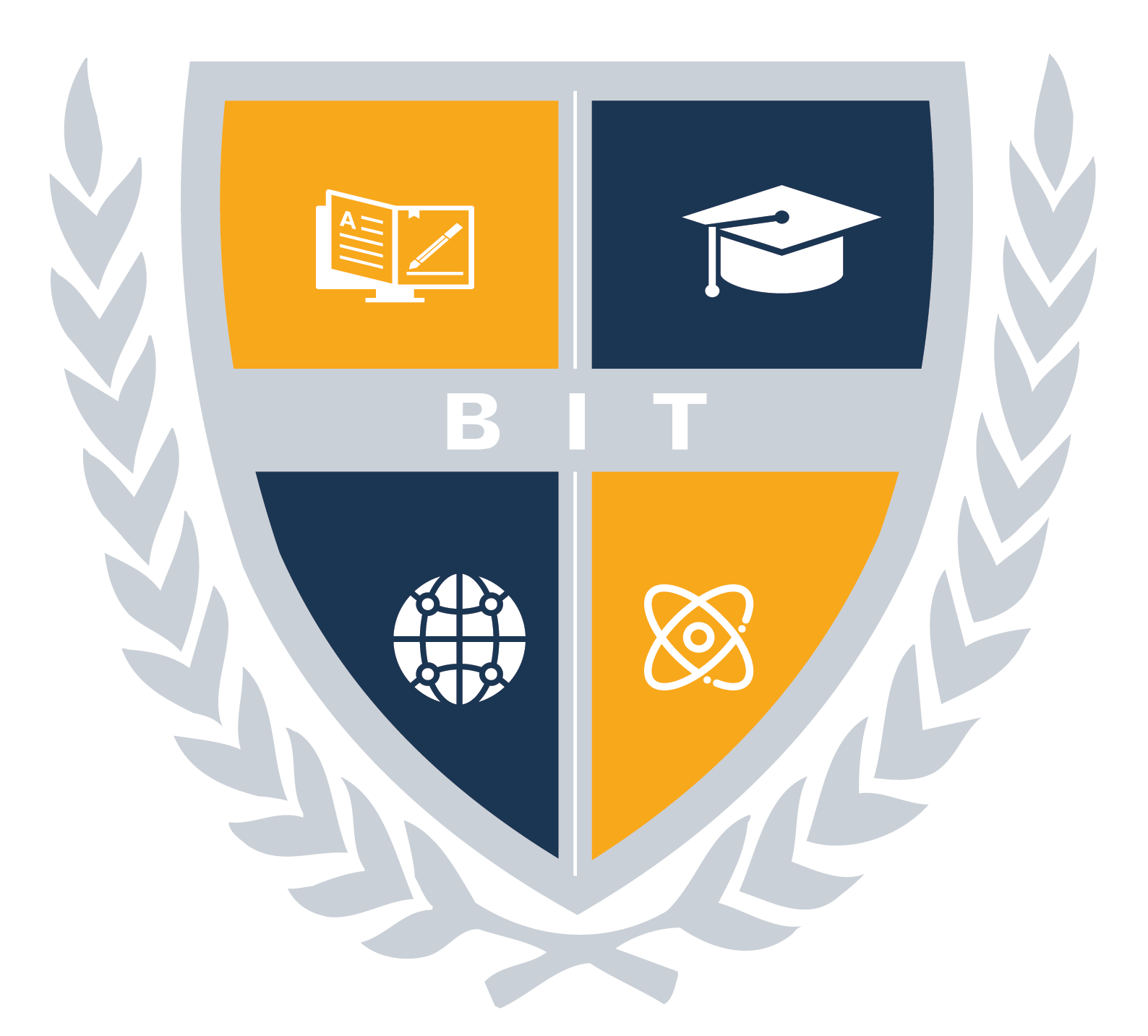
Course Code: DEI
Level: Diploma
Duration: 2 Years
This course draws on theories of innovation and entrepreneurship to explore how effective organizations engage in these two (2) strongly integrated processes, exploring, in particular, product, service and process innovation and demonstrating the role of innovation as a driver of organizational growth and development. The program also forms the foundation for undergraduate degrees in relevant fields.
Innovation is a vital process in driving change at every level in society: organizations which fail to innovate may find themselves overtaken by competitors to the detriment of economic development and growth on a regional, national and international scale. Innovation as a process is influenced not only by what happens at the level of the organization but also by aspects of its external environment which constitute the broader innovation system, some of which may facilitate and others impede the process. Innovation happens in both existing and newly emerging organizations when entrepreneurial thinkers leverage benefits from the external environment and marshal resources and internal capabilities to exploit opportunities, taking into account the risks.
The course also explores in detail the startup development, and the ecosystem industry built around it leading to the emergence of strong 21st Century Global Corporations, especially in the digital innovation space, and other sectors to illustrate practical aspects associated with implementing innovation strategies and the impact of innovative and entrepreneurial behaviour on economic development.
KEY LEARNING OUTCOMES
By the end of the course, the learners will be able to:
- Conceptualize ideas for innovation towards finding solutions, or improving upon existing methods of doing work
- Apply advanced skills of Innovation and Entrepreneurship to develop/enhance business/products and/or engage in social Innovation to towards community problem solving.
- Understand innovation as a core business process and how innovation can be managed, distinguishing some key characteristics of successful innovation and successful innovators.
- Understand the role of innovation and entrepreneurship in economic development and the contributions of economics, sociology of technology, institutional theory and policy analysis to the analysis of innovation.
- Understand intellectual property management, and choices available to innovative companies and entrepreneurs.
- Source/seek for funding and/or lead innovation commercialization and transition into the market towards profitable/sustainable enterprises.
- Attain an academic qualification to enable students pursue further studies in relevant / related fields.
MODULES
Year 1Semester I
- DEI111 Introduction to Entrepreneurship
- DEI112 Fundamentals of Innovation
- DEI113 Ideation and Product Design
- DCS111 Introduction to Computing & IT
- DJM115 Communication Skills
Year 1 Semester II
- DEI121 Business Modelling and Sales Strategy
- DMA123 Consumer Behavior
- DPPM121 Project Resource Mobilization
- DBA124 Business Economics
- DBA125 Principles of management
Year 2 Semester I
- DEI211 Innovation & Intellectual Property Management
- DMA215 Market Research & Customer Validation
- DTH211 Customer Service Management
- DBA213 Business law
- DEI214 Networking & Business Presentation Skills
Year 2 Semester II
- DEI221 Entrepreneurship Skills
- DEI222 Technology Strategy & Innovation
- DIT221 Internet Technology
- DAF223 Cost Accounting
- DEI225 Final Year Project/Thesis
Industrial training
- DEI226 Industrial Attachment (8 weeks)
CAREER PATH
Students who study this course will be adequately equipped with entrepreneurial skills, and on how to Innovate. Students who complete this course can work as; innovation managers, product managers, start-up managers, customer experience managers, innovation consultants, business development managers, among other related roles or more so, start up their own businesses, and social ventures.
ENTRY REQUIREMENTS
Option A
The Uganda Advanced Certificate of Education (UACE) with at least 1 principal pass and 2 subsidiary passes obtained at the same sitting or its equivalent.
Option B
The Uganda Certificate of Education (UCE) with at least 5 credits obtained at the same sitting.
COURSE FEES (PER ACADEMIC YEAR)
Semester I
| Fees | For Nationals | For International Students |
| Tuition (Per Semester) | 550,000/= | $335 |
| Functional Fees (Payable once a year) | 470,000/= | $175 |
| Total | 1,020,000/= | $510 |
Semester II
| Fees | For Nationals | For International Students |
| Tuition (Per Semester) | 550,000/= | $335 |
| Functional Fees | N/A | N/A |
| Total | 550,000/= | $335 |
